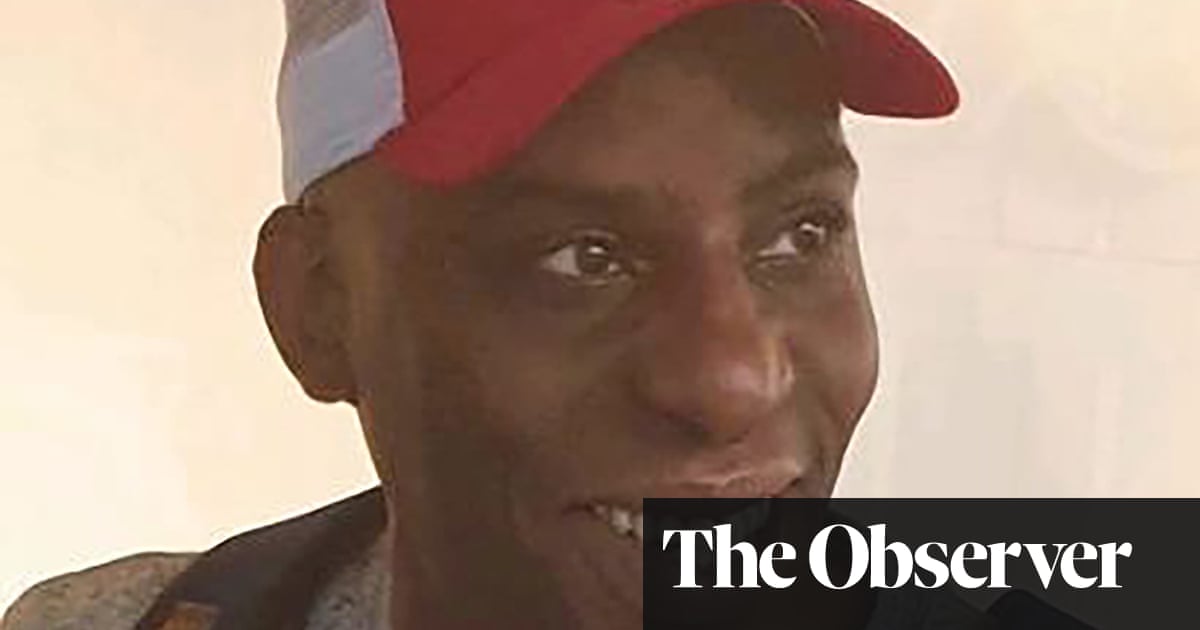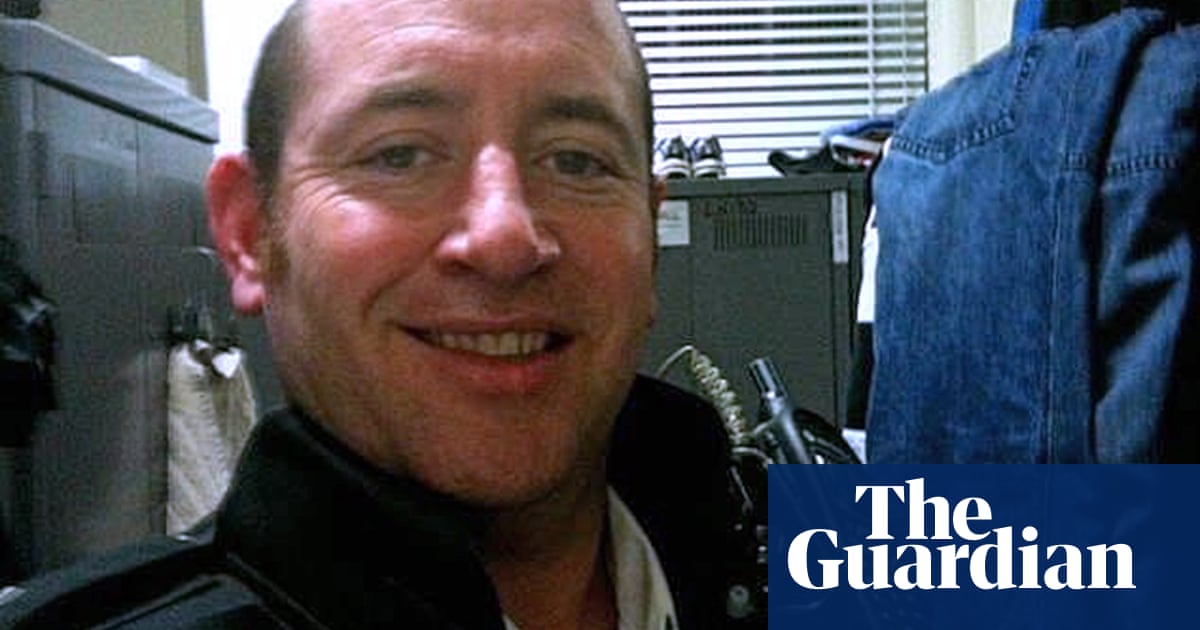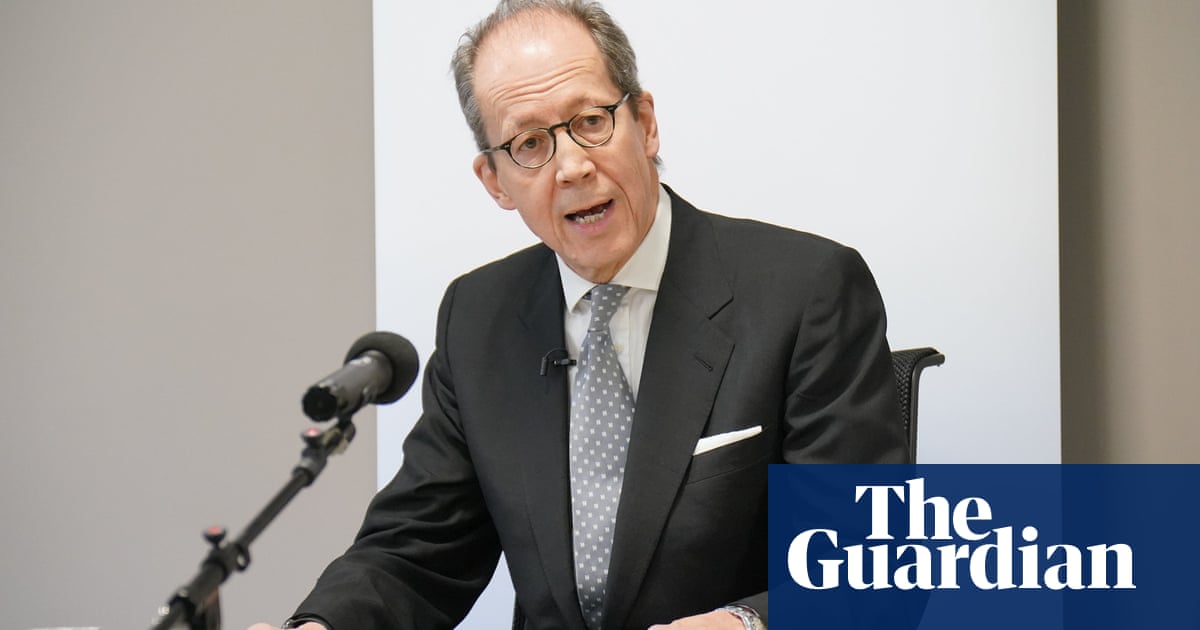
Nine police officers were covertly deployed to spy on an open public meeting that decided the route of a major anti-war demonstration, a public inquiry has heard.
The officers attended the meeting in 1968 at which about 250 campaigners against the Vietnam war had gathered to draw up plans for a large-scale demonstration.
The surveillance against the anti-Vietnam war protesters was the inaugural operation of the special demonstration squad (SDS), a Metropolitan police unit that continued planting police spies in mostly leftwing campaign groups for decades.
An undercover officer who infiltrated the 1968 meeting using the fake identity John Graham told the inquiry that, during his year-long deployment monitoring anti-war protesters, he uncovered no evidence that they were violent or breaking the law.
Giving evidence at a hearing on Thursday, Graham said he understood that the aim of his deployment was to gather information on “activities that sought to undermine the status quo, the government of the day and the political establishment”.
His testimony will add to concerns that Scotland Yard’s long-running operation to monitor political groups with intrusive surveillance was overzealous and disproportionate from its very inception.
The public inquiry, headed by the retired judge Sir John Mitting, is scrutinising how police used at least 139 undercover officers to spy on more than 1,000 political groups over more than four decades. The Met has so far declined say whether such operations are continuing today, although Mitting insists he wants an answer.
The first phase of the inquiry started this week and is focused on the early days of the infiltration, between 1968 and 1972.
Graham, the first undercover officer to give evidence, is one of a large number of former undercover officers whose real name is being kept secret by Mitting. The retired judge has ruled that photographs of Graham giving evidence via a video cannot be published.
However, a photo released by the inquiry shows the officer – with his code cypher, HN329, concealing his face – stood beside Conrad Dixon, the Met chief inspector who founded the SDS.
Graham said he infiltrated the Vietnam Solidarity Campaign (VSC), which opposed the US-led war, and the Revolutionary Socialist Students Federation for more than a year. He helped organise VSC’s protests.
The retired officer, who did not give his age but is believed to be in his 70s or 80s, was one of the first members of the SDS.
The Met set up the squad in 1968, with the approval of the government, after claiming that protesters were causing disturbances at political events. The anti-Vietnam war protesters were the first target of the SDS.
David Barr, the inquiry’s barrister, asked Graham: “Did you see any violence whilst infiltrating the VSC?” He replied: “Not that I can recall.”
Barr then asked: “Was the VSC as an organisation inciting disorder when you were infiltrating it ?” He replied: “No.”
Barr asked: “Were members of the VSC committing criminal offences to further their political aims while you were infiltrating them?” The former police spy replied: “Not to my knowledge.”
When asked how he understood the protesters to be revolutionary, Graham replied: “They wanted to change the government.” When Barr then asked how his targets were going to seek a change of government, if they were not using violence, Graham replied: “To try and persuade people to their point of view.”
In September 1968 Graham was one of nine police officers pretending to be leftwing protesters who attended a VSC meeting in London. All but one was drawn from the SDS.
Their report recorded how the campaigners openly discussed what tactics they wanted to be adopted for a major demonstration the following month.
Graham was questioned about why there were so many officers covertly deployed at the meeting. “I do not know why there are so many officers listed as present at the meeting,” he replied. “I assume that we all attended because it was a large public meeting and there were a number of groups in attendance.”
He continued: “It may have been a question of – that there was nothing else on, so people felt that they ought to be doing something.”
He said he would have voted at the meeting against a proposal put forward by Maoist members of the VSC who wanted to have a march to Downing Street. Asked why, he said he did this because it would have fitted with his fake identity, which was “a bit anti-Maoist”. He said he did not know how the other police spies voted.












